About Centre
The Non-Traditional Security (NTS) Centre conducts critical research and analyses in wide-ranging areas like the SDGs, climate change, water, food and energy nexus, low-intensity conflict and the Arctic region. Challenging orthodox thinking and bringing in unconventional ideas, the Centre, has well-established experts with notable publications engaged in addressing the knowledge gaps, facilitating discussions, and interfacing with varied stakeholders. The Centre publishes the bi-monthly NTS Digest covering climate, food, energy and water issues. Members frequently lecture at military and training institutions and share their views at various national and international forums. As part of public awareness and sensitisation, they regularly contribute to mainstream newspapers and appear in media channels. The NTS Centre Coordinator served as Co-Chair of the Think20 Task Force of the G20 on ‘Accelerating SDGs: Exploring New Pathways to the 2030 Agenda’ during India’s G20 Presidency.
Current Projects
Centre members are working on inter-disciplinary projects like the ‘Indus Waters Treaty: Changing Dynamics and India’s Options’, ‘Human Security Policy for India’, and ‘Impacts of Climate Change in the Himalayan Region’. Areas of output include India’s SDGs targets, India-EU cooperation on climate change, India-Nepal cooperation on energy security, India’s climate adaptation and renewables approach, India-US maritime collaboration, and AFSPA and the Northeast region.
Members
-
Senior Fellow
-
Research Fellow
-
Research Fellow
-
Associate Fellow
-
Research Analyst
Events
Monday Morning Meeting on “India and the Geopolitics of Antarctica”
Monday Morning Meeting on Sustainable Development Goals: India's Challenges and Accomplishments
Members
-
Senior Fellow
-
Research Fellow
-
Research Fellow
-
Associate Fellow
-
Research Analyst


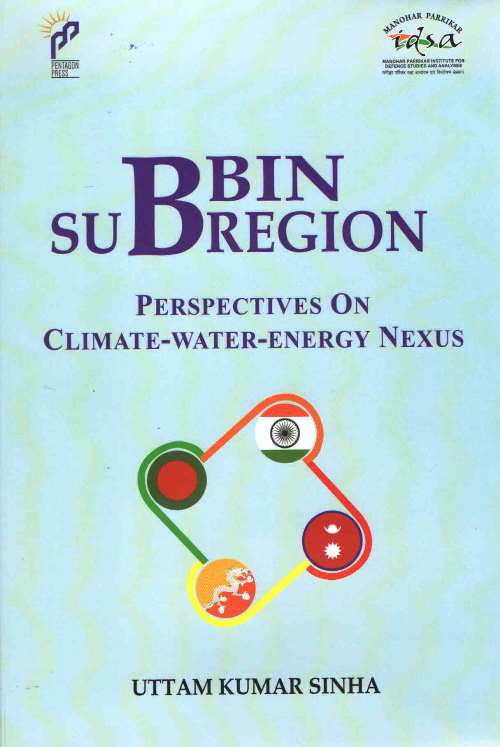

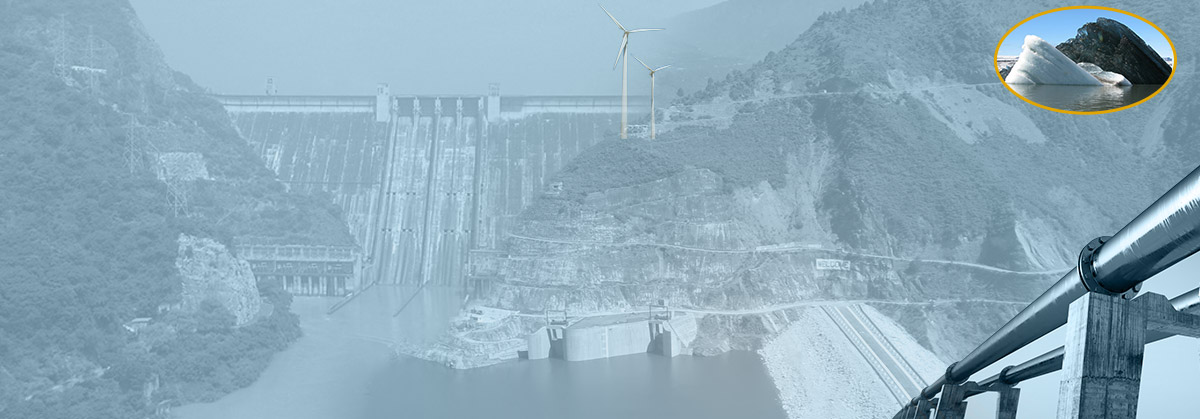
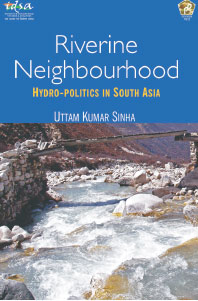
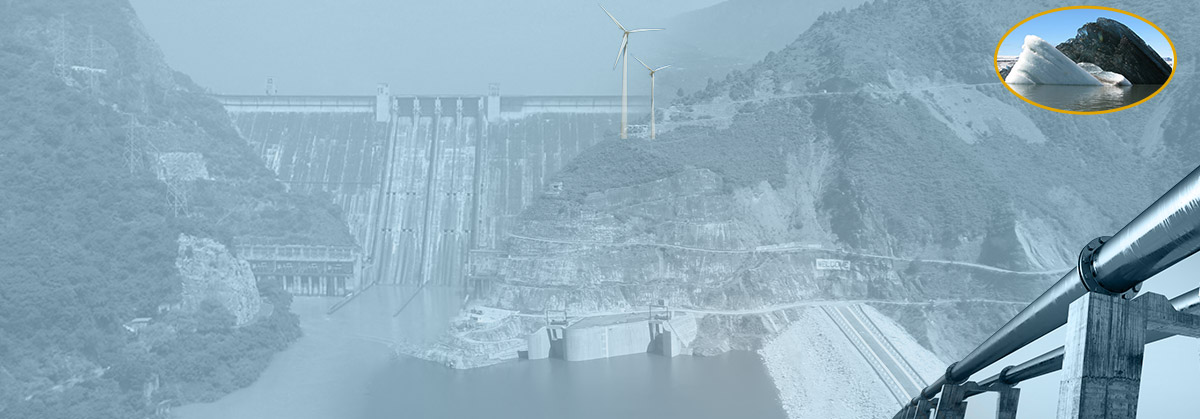
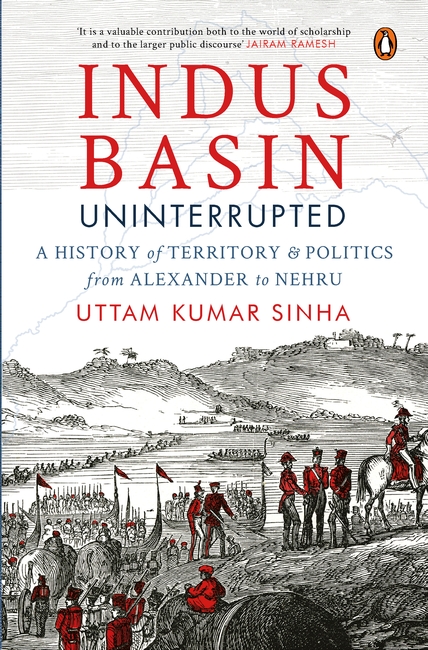

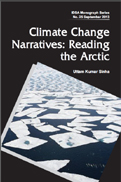





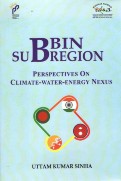
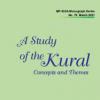
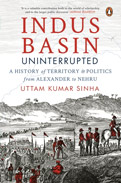

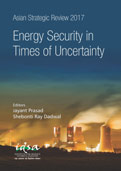
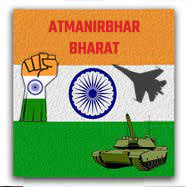
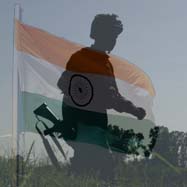


Critical Minerals for Energy Transition: Linchpin or Risk?
The race to climate neutrality must be guided by responsible practices and environmental stewardship is paramount.